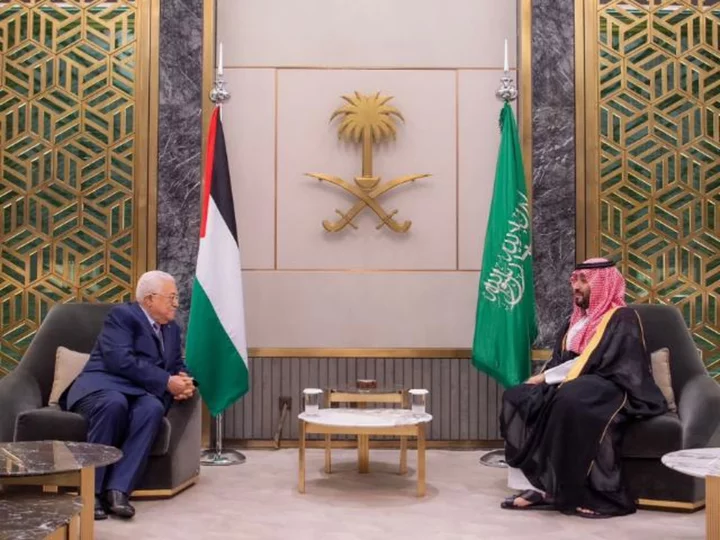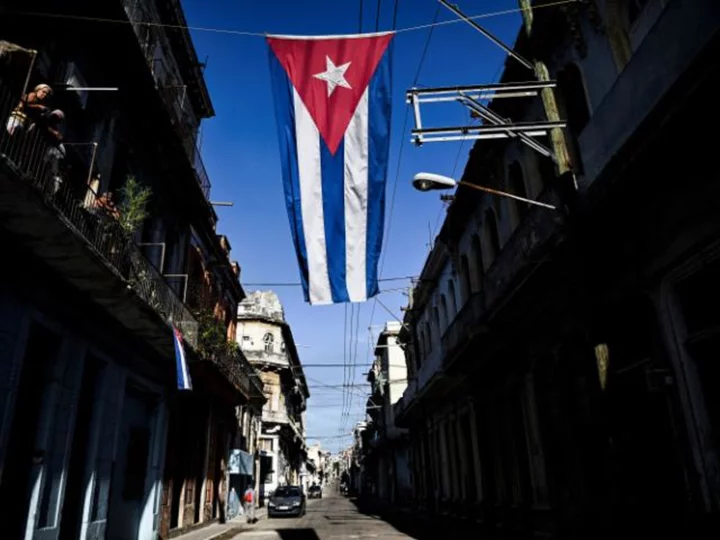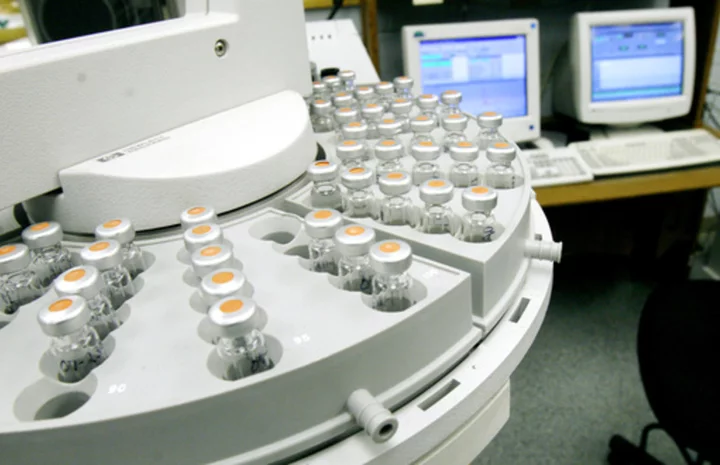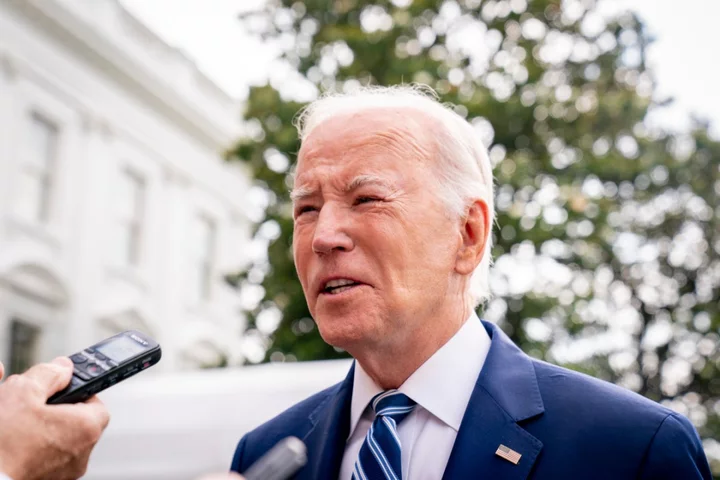Saudi Arabia has appointed its first ambassador to the Palestinians, in a move that comes amid talks with the United States over a possible deal to normalize relations between the Gulf kingdom and Israel.
In a show of support to Palestinians, Saudi Arabia named its ambassador to Jordan, Naif bin Bandar Al-Sudairi, as "Non-resident ambassador to the State of Palestine and Consul General in Jerusalem."
A ceremony took place Saturday in the Jordanian capital Amman, where Palestinian Authority President Mahmoud Abbas's diplomatic advise received Al-Sudairi's credentials, reported the Saudi state news agency (SPA).
The Palestinian Authority welcomed the appointment, saying that the "timing of the decision reflects the interest of the brotherly Kingdom of Saudi Arabia in the Palestinian cause," the Palestinian Ministry of Foreign Affairs and Expatriates said in a statement Sunday.
Israeli Foreign Minister Eli Cohen told Tel Aviv's 103 FM radio station Sunday that Israel was aware of Saudi Arabia's planned appointment, but that the kingdom did not coordinate with Israel on the matter.
"They didn't coordinate with us and they didn't have to coordinate with us," Cohen said, adding that the Saudi ambassador's appointment comes amid "the advancement of talks between the US and the Saudis regarding Israel."
"The Saudis wanted to send a message to the Palestinians that they didn't forget them," Cohen said.
The Israeli official however added that Israel would not permit the opening of any diplomatic representations for the Palestinians in Jerusalem.
Israel considers Jerusalem to be its capital, despite the United Nations not recognizing it as such. Palestinians maintain that the eastern part of the city should serve as the future capital of a Palestinian state. The US recognized Jerusalem as the Israeli capital in 2017 under then-President Donald Trump, a decision that was adamantly opposed by Palestinians.
This is Saudi Arabia's first ambassadorial appointment to the Palestinian Authority. The kingdom has had diplomatic relations with the PA, but the level of representation and the nature of the relationship between the two have varied over time.
All members of the Arab bloc, including Saudi Arabia, recognize Palestinian statehood and the kingdom maintains a Palestinian embassy in the capital Riyadh.
Historically, Saudi Arabia has been supportive of the Palestinian cause and has provided financial aid to the PA. Riyadh proposed an "Arab Peace initiative" in 2002, which broadly offered Israel security and "normal relations" in exchange for its withdrawal from occupied Palestinian territories and the creation of an independent Palestinian state. Israel rejected the initiative.
The move comes amid reports of a normalization deal in the works between Saudi Arabia and Israel, with the Unites States involved in the rapprochement. The details and timing of the agreement are not yet known.
State Department spokesperson Matthew Miller told CNN last week that the US has had "productive conversations" with the Saudi and Israeli governments on potential normalization, but that no deal has been reached and those conversations continue.
Miller's comments came after a Wall Street Journal report saying that the US and Saudi Arabia had agreed on the "broad contours" of a normalization deal.









